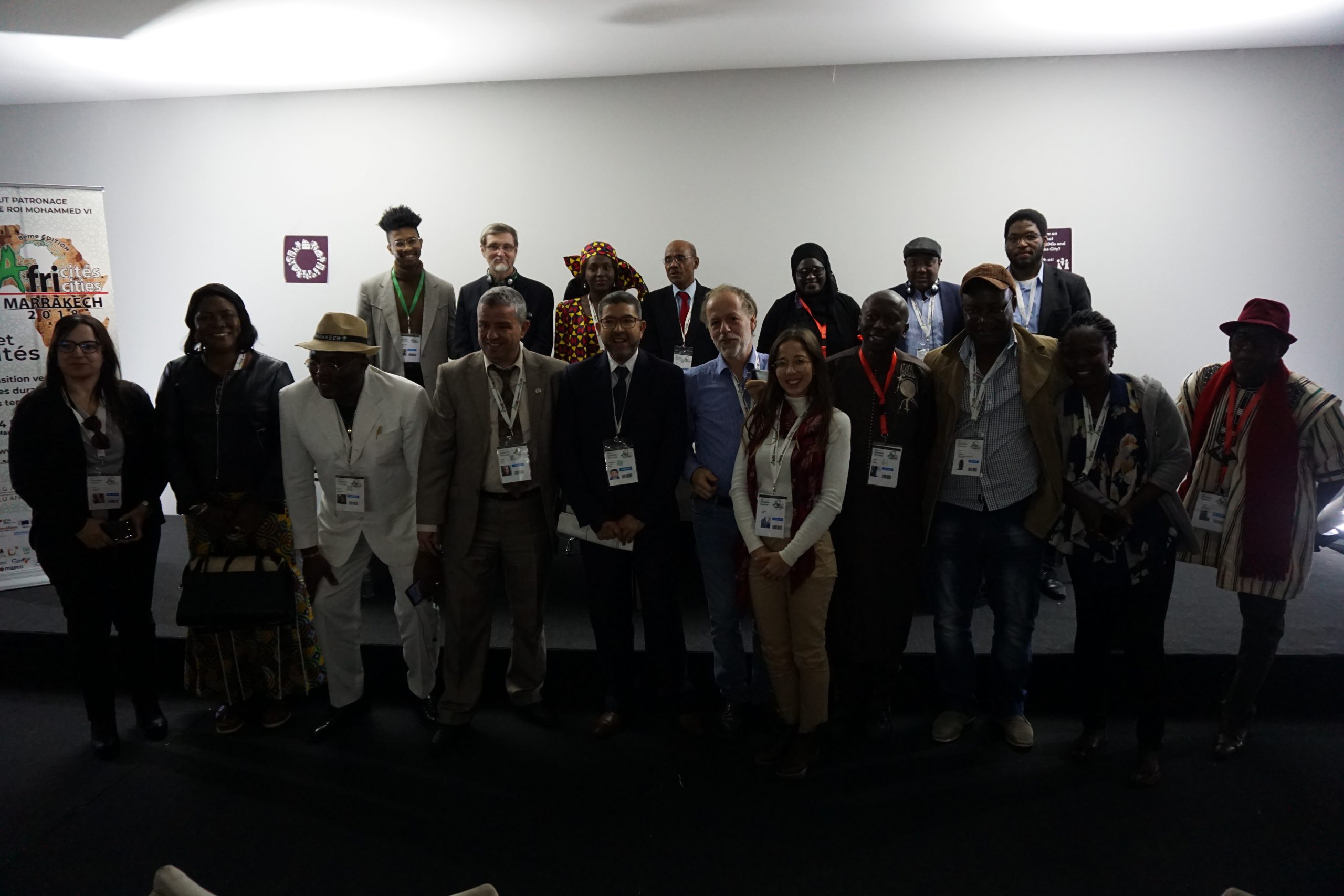Last November 22, our Committee and the Global Platform for the Right to the City organized the session “Right to the City and international agendas: African realities and perspectives” on the occasion of Africities: the meeting of African cities organized every three years by UCLG Africa. On this paramount occasion, several representatives from African municipalities and civil society came together at the same table in order to articulate messages and explore joint actions that give response to some of the most pressing challenges of the continent in terms of urban and territorial justice. This cooperative exercise allowed to advance an African vision of the right to the city, at the same time it helped promote new alliances between municipalities and civil society for the future.

The objective of the session was double. On the one hand, it sought to bring to Africities discussions local government and/or civil society-led actions for the right to the city and human rights. On the other, the meeting was also seen as a contribution to the commemorations of the 50th anniversary of Henri Lefebvre’s book “The Right to the City” (1968). Thanks to that twofold approach, the meeting both delivered relevant theoretical inputs as well as relevant contributions in fields such as the right to housing, informal economy, violence against women and minorities, as well as social and spatial justice.
In the first part of the event, local governments and regional civil society representatives focused on exploring the right to the city through its theoretical conception. In this sense, the Mayor of Tunis, Souad Abderrahim, stressed how “the right to the city is a universal right that is built in cooperation with civil society” and that allows “overcoming urban inequalities between rich and poor, women and men, centers and peripheries”. This intervention was in line with that of the President of the Regional Council of Nouakchott, Fatimetou Abdel Malick, who highlighted how “the city is at the center of all the challenges. We, representatives of local governments, must ensure a framework of human development for our population working with civil society”.

Fana Sihlongonyane from the CUBES center in South Africa believes “the right to the city allows us to reinvent the city so that it serves social justice objectives: it is a collective right that we all share as coined by Lefevbre 50 years ago”, while Malick Gaye from ENDA emphasized the need to guarantee economic, social and cultural rights.
« The right to the city is a universal right that is built in cooperation with civil society that allows to overcome urban inequalities between rich and poor, women and men, centers and peripheries »
Souad Abderrahim, Mayor of Tunis
The second part of the event delved into some key thematic concepts and axes for the practical guarantee of the right to the city, such as the right to housing, informal economy, socio-spatial justice or equality between women and men. On housing and improvement of public space, the Councilor of Rabat, Abderrahmane Bouloud, shared the actions of the capital of Morocco to improve the situation of the precarious settlements and ensure access to natural environment by local population. The Deputy Mayor of Douala (Cameroon), Achille Azemba Momo, emphasized on the other hand the need for joint work between municipalities and civil society to protect inhabitants right to housing.

In terms of governance, the representative of Planact (South Africa) Frederick Kusamiza emphasized the need to “fight impunity” and that “transparency and accountability mechanisms are necessary”, while the representative of Public Service International Fatou Diouf highlighted the situation of local public workers. The interventions of Cathérine Maliedje of CODAS Caritas Douala and Allain Cain of the Angola Development Workshop allowed on the other hand to know the reality of forced evictions and the informal economy in the continent, at the same time as the importance of cooperation and grassroots movements to protect the rights of the habitants. World Enabled representative Federico Bastita argued that “implementing the right to the city also leads us to think about the possibility of realizing the full potential of all inhabitants, including people with disabilities”.
[ See the recommendations of local civil society ]
The Global Platform for the Right to the City developed a document with 7 recommendations on behalf of civil society for the right to the city in the immediate follow-up of the meeting. This document addresses issues such as land rights, the fight against spatial segregation and the exclusion or co-creation of local agendas between local decision-makers and civil society. You can consult this document here.




